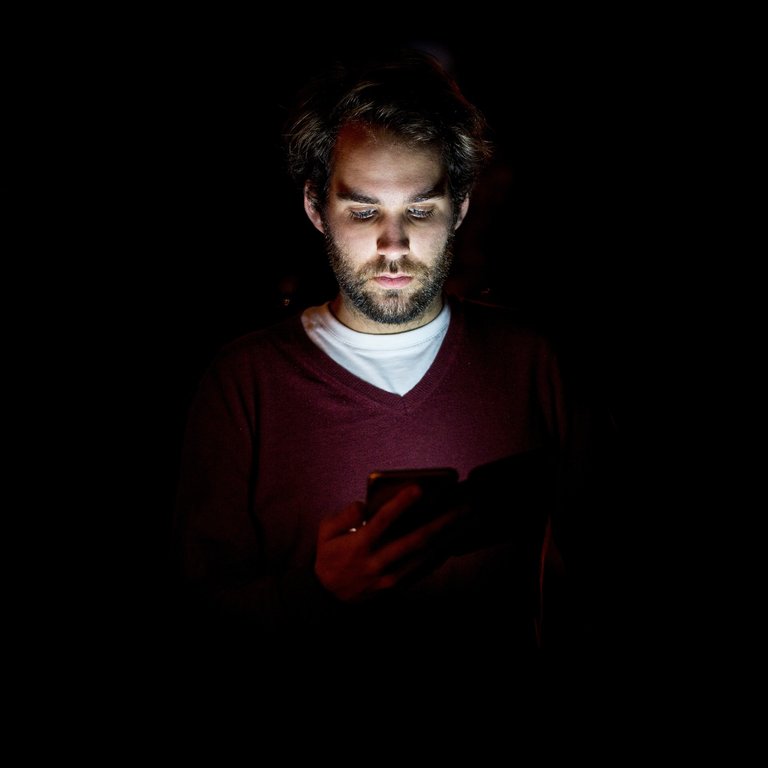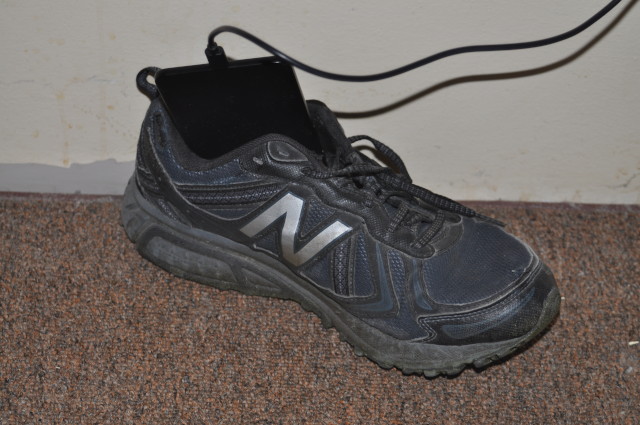
Just a few days ago, I was watching a TED video on YouTube where a psychiatrist was talking about a new pandemic of addiction. He said that this addiction might be the most pervasive in human history and that almost everyone is probably influenced by it. Guess the addiction? Well, the addiction is related to the device that most people will use to read this post.
Yes, your smartphone! The psychiatrist went on to discuss how our lives are intertwined with our smartphones and how we can barely live without them each day. He also explained how social media has become more and more addictive and irresistible to put down, and how algorithms are used to make sure we stay stuck on a platform.


While watching the video in my mind, I laughed a bit as I said to myself that without my smartphone, I might not be able to watch the video. But deep down, I realized how true the psychiatrist's message was. In the past, I have admitted how addicted I have been to my phone and dumb strolling on social media. Thankfully, with the new updates on my smartphones, like digital well-being, I have been able to control most of my app usage, but there is still a lot to be done.
One thing that makes me use my phone excessively is when I'm not doing anything, as a student most times when I'm on holiday my phone usage goes up especially when I'm indoors throughout the whole day. I have come to realize that excessive phone usage makes me procrastinate and also makes my day less productive.

So what are the things that I do to mitigate my excessive and unuseful phone usage?
I came up with a timetable of what I want to do in a day, but sometimes this fails to curb entirely because I often relapse, perhaps while checking notifications or replying to messages. I often get tempted to open apps that I know would be distractions.
I have also come to notice that whenever I am outdoors, I often spend less time on my phone. It is extremely hard and even dangerous to press my phone while walking on the street. Apart from the fact that one can bump into things or get hit by a vehicle while using the phone on the road, one is also risking his or her phone, especially while using it carelessly in areas that are densely populated.

Another instance where I tend to put off my phone and say no to distractions is when I'm in church or praying. I don't use my phone for anything other than using my Bible app. During church services, I pay attention to what is happening, and I don't even put on my data so I won't be distracted by any notifications.
I think the last instance where I tend to put my phone away is when I'm working on a project, trying to beat a deadline, or trying to prepare for my exams, especially last-minute preparations. I'm dead serious during those periods, and I only use my phones for meaningful things or not at all.

Conclusion
Phone addiction is real, even though, according to Dr. Justin Romano, the psychiatrist I mentioned earlier, said that the world's leading psychiatry organizations haven't diagnosed it yet. It is something that almost everyone is facing, especially teens and youth.
Thank you for reading!
11/10/2023




